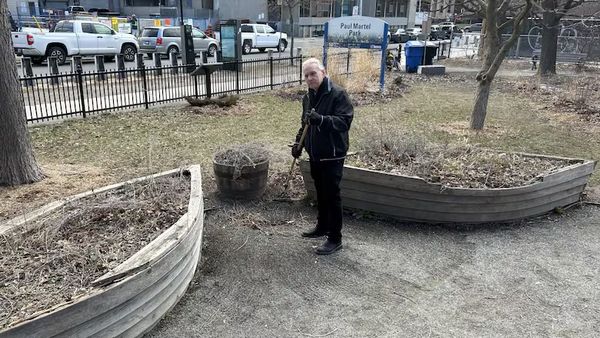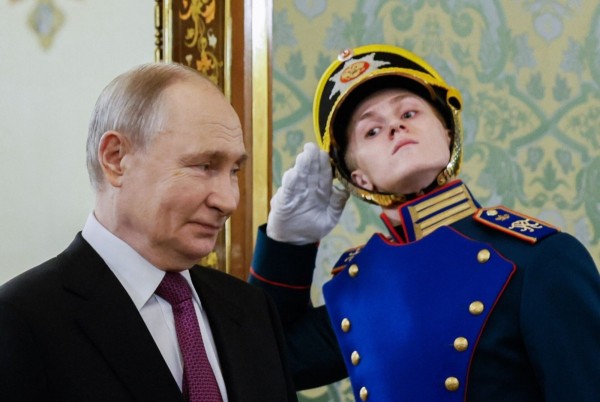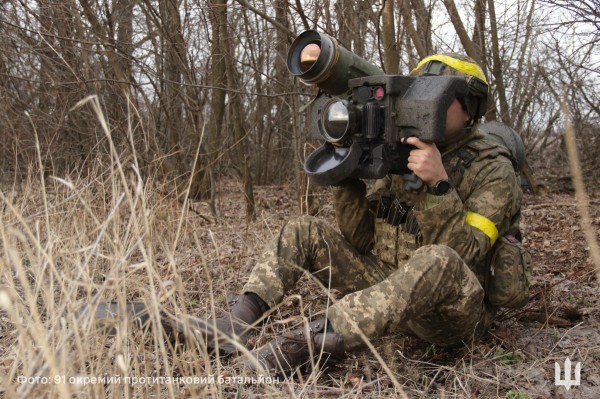In Russia, New Year’s Eve is usually a joyful family occasion. Opposition leader Boris Nemtsov spent it in a police detention cell — a five-by-ten feet concrete cubicle with no windows, no ventilation, no plank bed, not even a mattress. The Moscow Public Supervisory Commission, a prisons watchdog group, reported that conditions of his detention violated the most basic rules. On January 2, the former deputy prime minister of Russia was driven from his cell to Tverskoy Magistrate Court and sentenced to 15 days in prison for “disobeying police.” Judge Olga Borovkova, who forced Mr. Nemtsov to stand for the duration of the trial (more than four hours), disregarded statements from 13 witnesses as well as the video of his arrest. The conviction was based on the words of two police officers who asserted that Mr. Nemtsov was “cursing” and “attempting to block Tverskaya Street” (Moscow’s main avenue). He is currently being held in a detention center on Simferopolsky Boulevard.
The opposition leader was arrested on the evening of December 31 after taking part in the traditional rally on Moscow’s Triumfalnaya Square in defense of the freedom of assembly. This time, apart from demanding that their leaders respect the Constitution, demonstrators called for the resignation of Vladimir Putin and expressed support for Mikhail Khodorkovsky, the former oil tycoon turned Kremlin opponent, who was just sentenced in a second trial to 14 years in prison. Mr. Nemtsov was detained as he was leaving the square with his daughter. His arrest came exactly one week after Russia’s figurehead “good cop” president, Dmitri Medvedev, publicly called him a “famous politician.” In all, 68 people were arrested in Moscow and more than 50 people at a similar pro-democracy rally in St. Petersburg. Just like Mr. Nemtsov, several activists were sentenced to jail terms: Ilya Yashin (5 days), Kirill Manulin (8 days), Konstantin Kosyakin (10 days), Eduard Limonov (15 days). All of them spent New Year’s Eve in detention, and most, including Mr. Nemtsov, will remain there until after Orthodox Christmas (January 7). Amnesty International has already declared Mr. Nemtsov, Mr. Yashin, and Mr. Kosyakin “prisoners of conscience.”
Advertisement / Reklaam
Advertisement / Reklaam
The Kremlin begins 2011 with a new wave of repressions. They may yet intensify, as this year’s parliamentary “elections” draw closer. The second Khodorkovsky trial and the New Year’s arrests may have been intended to frighten opponents, but instead showed a frightened and desperate regime. In the end, no amount of pressure can sustain a government that has lost the confidence of its citizens. “I understand that this is an attempt to frighten the opposition and frighten my family. I understand that the authorities are enraged and nervous and don’t know how to deal with opponents,” wrote Boris Nemtsov in a brief statement from his prison cell, “I also understand that we have no right to retreat. And we shall not retreat.”http://www.worldaffairsjournal...
























